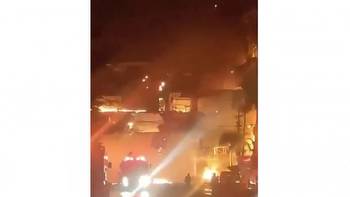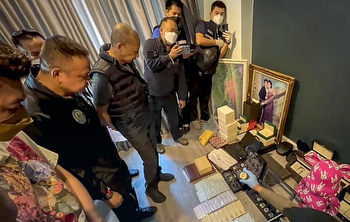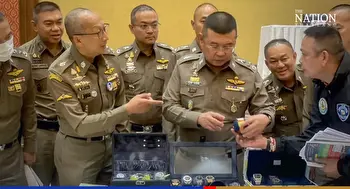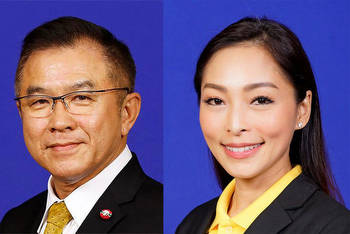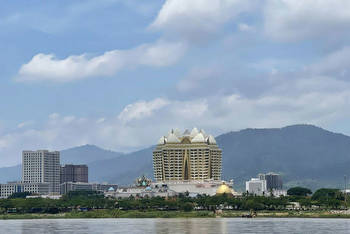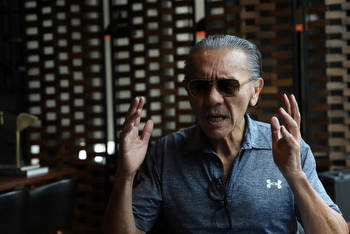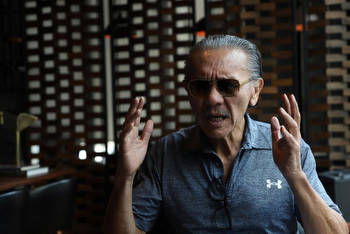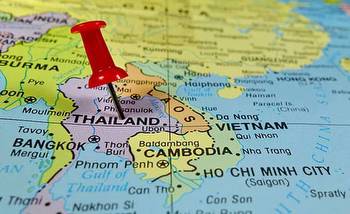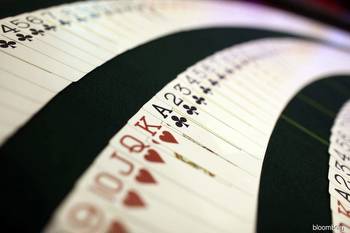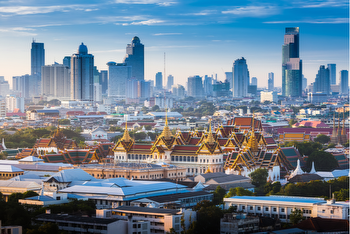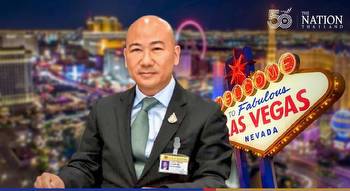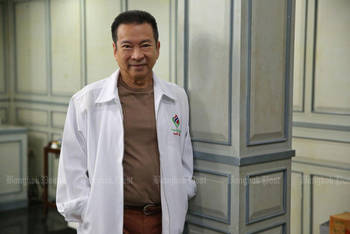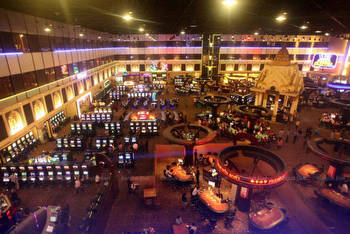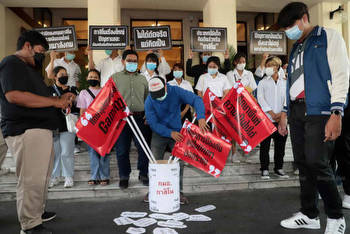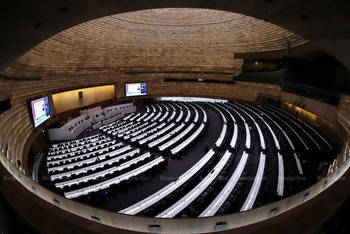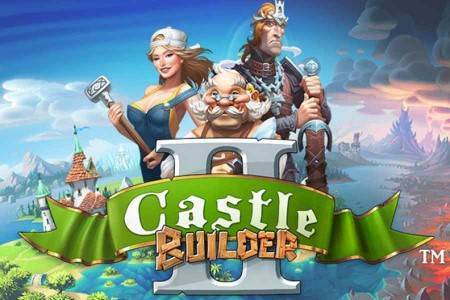Casino plans spur 'Nimby' complaints
Thailand's casino plans are causing mixed reactions among the public even though a special House committee studying the feasibility of entertainment complexes including legal casinos says they are likely to bring in massive revenue.
The House of Representatives on Thursday approved a report on the proposal to set up a casino-entertainment zone, following a three-hour meeting to discuss the matter.
The report was prepared by a special House committee set up in December 2021, following a 310-nine House vote in favour of weighing up the economic value of an entertainment complex with a casino to attract foreign visitors, against potential issues that might arise.
The report was approved despite objections from MPs from mainly opposition parties.
Pol Col Tawee Sodsong, from the Prachachat Party, along with Pakornwut Udomphiphatsakul and Padipat Santipada of the Move Forward Party, oppose legalisation.
They are worried about casinos becoming a money laundering site, and the danger that Thais will get hooked on gambling and end up in debt.
"We must listen to people, both in public hearings and holding a public referendum before we open casinos," said Mr Pakornwut.
Among the wider public, according to the College of Politics and Governance, Rajabhat Suan Sunandha University, more than 80.6% agree with the entertainment complex scheme; the samples consist of residents in areas where it could be built.
The report says the complex could be built in Bangkok or the Eastern Economic Corridor (EEC), or 22 main tourist hotspots; within a 100-km radius of the international airport, or provinces in border areas with permanent immigration checkpoints such as Phuket, Phangnga, Krabi, Chiang Mai, Chiang Rai, Phayao, Udon Thani, Khon Kaen, Ubon Ratchathani and Nong Khai.
Based on the survey, Bangkok and ECC, which covers mainly Chon Buri, Rayong and Chachoengsao, are seen as most suitable.
Residents disagree
Thammasat student Swift Assawamanta, who lives near Suvarnabhumi Airport, one of the potential sites for the compex, opposes the idea.
"Overall, it is okay to legalise the casino, but it is better not to do so," the 22-year-old told the Bangkok Post.
While he thinks it has the potential to become a significant tourist attraction, bringing much-needed revenue to the area "the same way as Pattaya," the drawbacks outweigh the benefits.
"I believe a casino will contribute to the drug problem. People will find more money to risk when gambling is involved," he said.
Mr Swift said he believes the presence of casinos will be followed by "motels, pubs, and dram shops," which could disturb the local community.
Similarly, Thairath Phanduang, a street fruit vendor in her 50s, is also worried that drug abuse and gambling could increase.
"From my observation, when people win money through gambling, they spend it on drugs or vice versa," she said.
Good management
For some, the casino debate is not beyond compromise; Lalita Meesuk, a Bangkok master of ceremonies, said that she favours legalisation but the casino must be located far from economic and community centres.
Similarly, Chabaphrai Wisetwongsa, a cleaner, 66, believes legal gambling is preferable to illicit gambling since it is taxable; but casinos should be located far from schools and neighbourhoods.
"Gamblers will gamble regardless of legality, and non-gamblers will not start just because it is legal," she said.
Sucharinee Daothong, 28, a motorcycle taxi driver, can see the benefits of a legalised setting. "Those who already gamble illegally no longer have to hide their activity," she said.
However, he nonetheless "disagrees with legalisation in general," even with restrictions on who is permitted to gamble.
Graphic designer Natthachai Chaisena, 28, said drug abuse can happen in cheaper places without background checks. Even so, "I do not believe that using drugs, going to casinos, and gambling are necessarily related."
Asked about the risk of Thais getting into debt, she said: "It is their choice; everyone is accountable for their own behaviour, so I doubt I can do anything about it."
Against fears that a casino and entertainment venue would disrupt the local community, he believes that if properly managed, annoyances to locals will not occur.
"My local entertainment places are well-managed, with police regularly inspecting them. The neighbourhood is unaffected," Mr Natthachai said.
Now the House has backed the study, it will be sent to the government for consideration.
Inside the report
The entertainment complex will feature five-star hotels, shopping malls, beauty and spa parlours, amusement parks, zoos, indoor and outdoor sports stadiums and legal casinos, a source said.
The report says eight types of gambling activities should be permitted, including online casinos, betting on the stock exchange index and foreign exchange rates, and betting on the results of international and local sporting events.
A bill will be drafted to permit online gambling and related gaming businesses specifically for this project, said the source, adding the Ministry of Interior would have to amend its 1935 Gambling Act regarding the prohibition and regulation of online gambling.
The casinos would be open to foreigners and Thais, but the latter would have to be 21 years of age or older and able to show they have had 500,000 baht in their accounts for six months, said the source.
Any income earned from casinos would be taxable.

Tawee: Raises criminal concerns

Pakornwut: 'Listen before we open'








